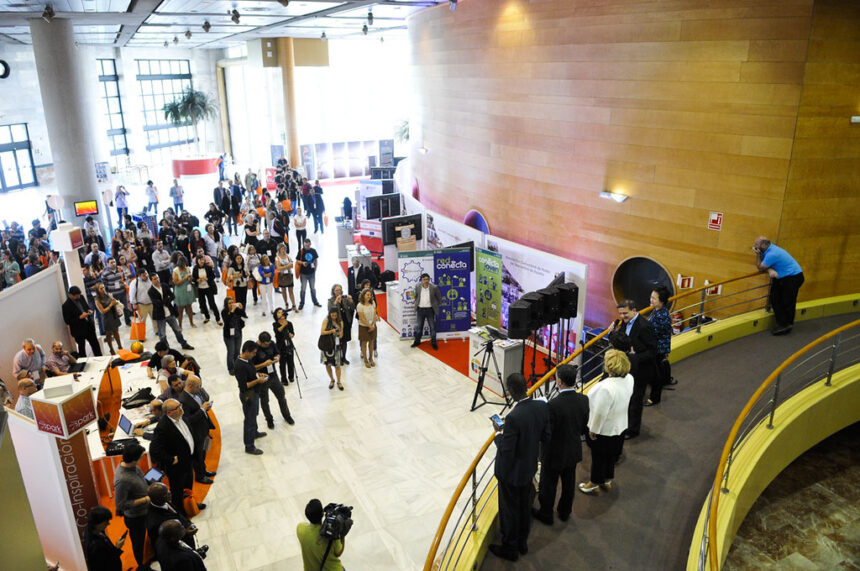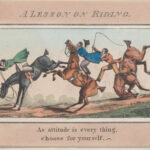These bowling-ball shaped devices that scan the iris to identify the user will be first available in six key innovation centres: Atlanta, Austin Los Angeles Miami Nashville San Francisco.
The goal is to have “enough Orbs installed” in the U.S. by the end of this year so “180,000,000 Americans” can utilize the tool.
The World App is available to users who submit their eye for identification.
Sam Altman, the Tools for Humanity Team and other members of the team announced a variety of new features. They include:
- Making cryptocurrency-backed loans available to World App users through the Morpho protocol;
- Kalshi provides access to the prediction market.
- The ability to use tokens with a Visa debit card that is linked to World
- Tinder, a Japanese dating app, has integrated identity verification technologies.
World Card connects directly with the World App wallet and allows digital assets be used anywhere Visa is accepted. The World Card will allow merchants to receive fiat money without needing to know cryptocurrencies. Individuals can use digital assets with the same ease.
Altman notes that OpenAI was not the first to have thought of World.
We needed a way to verify people’s identities in [AI] age. It is important to distinguish between content created by human beings and artificial intelligence. OpenAI CEO said that they wanted to ensure humans remain central and special in an internet world with a large amount of artificially generated content.
Tools for Humanity announced that it will build a plant in Richardson (Texas) to manufacture the orbs. Following the initial distribution of “orbs,” other large cities such as Seattle, Orlando San Diego, and Las Vegas will also receive them.
They will be available everywhere: in gas stations and stores. The procedure can be completed in 10 minutes anywhere, according to Tools for Humanity’s co-founder Alex Blania.
Rich Healy, former Apple Director and chief device officer at Tools for Humanity, unveiled Orb Mini. Data: TechCrunch.
“Mobile Orbs”
Tools for Humanity has presented a device that “helps people distinguish between an AI agent and a human.”
It looks similar to a phone and features two sensors for scanning the iris. After the “orb” procedure the user gets a unique ID in the Blockchain.
Orb Mini can be easily carried and may one day become a commercial product. The company may be able monetize its own sensor technology.
Worldcoin has introduced the new Orb and rebranded it.
Worldcoin’s co-founders Sam Altman, and Alex Blania, announced major updates in 2024, at an event held in San Francisco. This included a new name, World Network.
The name change, according to the statement is intended to reflect better the mission of the startup to “accelerate everyone.”
The following are other key improvements:
- Orb has developed a next-generation scanner for retinal images. The device is built with NVIDIA Jetson chipets and offers nearly five times as much AI performance than the previous model. The device has “significant hardware and software improvements”. It is also easier to put together as there are 30% less parts. With a removable card, the device is also suited to auditing in full.
- World ID 3.0, the most advanced system of identity to date, allows people to access the ecosystem even if they aren’t authenticated via Orb. Software allows World ID to validate and store data from documents without divulging identity. The users can request tokens. Version 3.0 introduces new measures for online fraud prevention and privacy protection.
- World App 3.0 has been enhanced with new features. Mini Apps, a platform to work with other programs and wallets with World Pay and enhanced security are among the new features.
- Mainnet L2 World Chain Solutions Blockchains are supported by popular projects such as Optimism, Alchemy, Uniswap, Safe, Dune, and Etherscan.
World Chain is a new startup that has noted approximately 15,000,000 World ID users and World App Users have either made the switch to World Chain, or are currently in the migration process.




